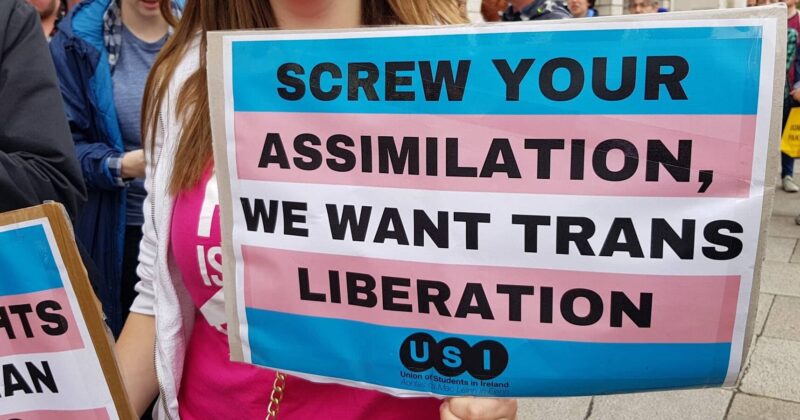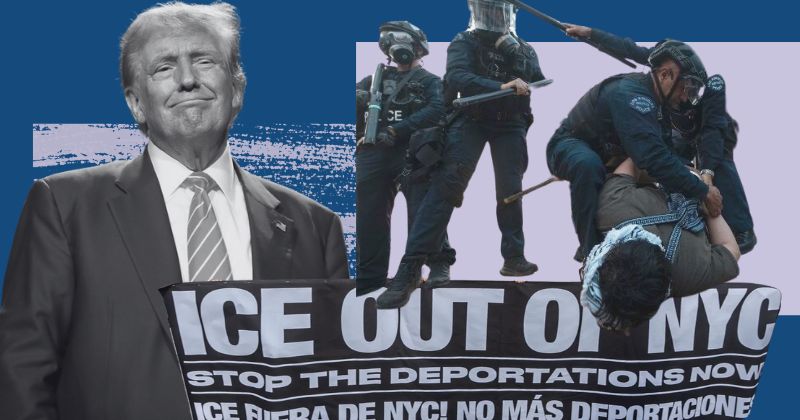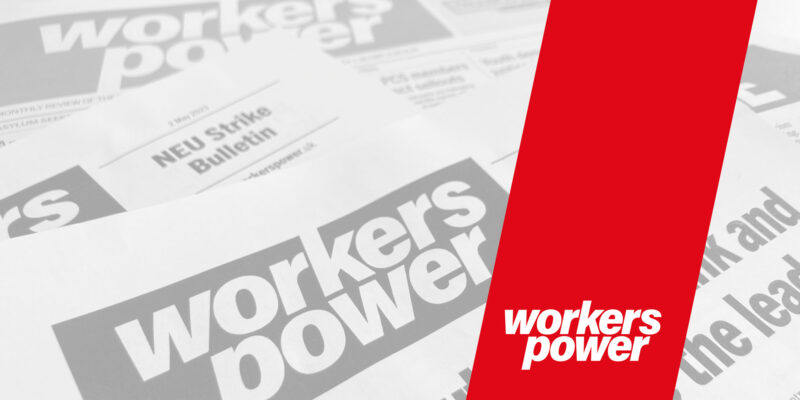Loyalist pogroms return to Northern Ireland
 Darren Cogavin reports on the recent violence in Northern Ireland as Loyalist gangs cause havoc in Catholic areas
Darren Cogavin reports on the recent violence in Northern Ireland as Loyalist gangs cause havoc in Catholic areas
FIFTEEN YEARS after the Good Friday Agreement, Northern Ireland has yet again witnessed a series of violent attacks on Catholic homes, notably in the isolated enclave of Short Strand in predominately Protestant East Belfast. Hundreds of masked Loyalists armed with petrol bombs, paint bombs and pipe bombs attacked several entrances to the district over a two-night period. The coordinated attacks, directed by the Ulster Volunteer Force (UVF), saw several local people badly injured, pensioners’ homes set on fire and shots fired into the area.
The Loyalist pogrom was eventually driven back by residents who courageously emerged from their houses to defend their community. Workers Power salutes their bravery in confronting the UVF and offers them our full support and solidarity.
The Short Strand has historically been the target for Loyalist terror over the years, from the ‘Battle of St. Matthews’ in 1970 which saw local IRA volunteers repel a mob trying to burn down the local Catholic Church, to the Short Strand siege in 2002 when petrol bombs rained down on a nightly basis while Police Service of Northern Ireland officers fired rubber bullets at nationalist youth defending their area.
Unionist politicians have tried to portray current events as a retaliatory ‘tit for tat’, placing responsibility for the riots equally on Loyalist and Republican paramilitaries. But Loyalists have perpetrated the overwhelming number of attacks in interface areas, particularly during the season of Orange marches, in an on-going campaign to create a state of siege and intimidation.
Disgracefully the Socialist Party in Ireland – which has always refused to distinguish between reactionary Loyalism and the nationalism of the oppressed minority in the Six Counties, joined in this propaganda saying: “…. it is vital that working class people take a united stand and not allow the minority of sectarian bigots in both communities to get away with more attacks and shootings, creating misery for working class people.”
The ‘community conflict’ propaganda, currently peddled by Sinn Fein and DUP politicians alike, is designed to absolve them of any responsibility for what is going on. Both parties, governing the Orange statelet together, have delivered austerity cuts, job losses and worsening public services on the back of the Good Friday Agreement. These policies just lead to a carve up of existing meagre resources rather than demanding what is needed to abolish poverty for all. This is bound to ratchet up tensions between workers on both sides of the sectarian divide.
The lefts response
The Irish SWP has a better line on recent events. Its statement says: “We support the right of the people of the Short Strand to defend themselves, but believe that both Protestant and Catholic workers have a stake in seeing off the scourge of loyalist paramilitarism.” They correctly point to the need to “unite workers from across every religious and ethnic community in the north of Ireland to resist the cuts and to fight for a new society free from sectarianism” but then add “we believe Protestant workers have as much a stake in that fight as anyone”
But their statement fails to address the small but real privileges – greater access to jobs and housing – that form the material underpinning of the Protestants’ continued identification with the sectarian statelet. For unity against the cuts to become a barrier against Orange bigotry, Protestant workers will need to be won not only to action against the cuts, but also to a common struggle against the inequality and discrimination inevitable in a divided Ireland dominated by British imperialism.
It is not enough to hope that anticuts struggles will automatically overcome sectarianism. As the long-term capitalist crisis fuels sectarianism, the need for a new workers’ party fighting for a socialist solution becomes ever more necessary. In Ireland its must take the form set out by James Connolly: a United 32-County Irish Workers’ Republic.









